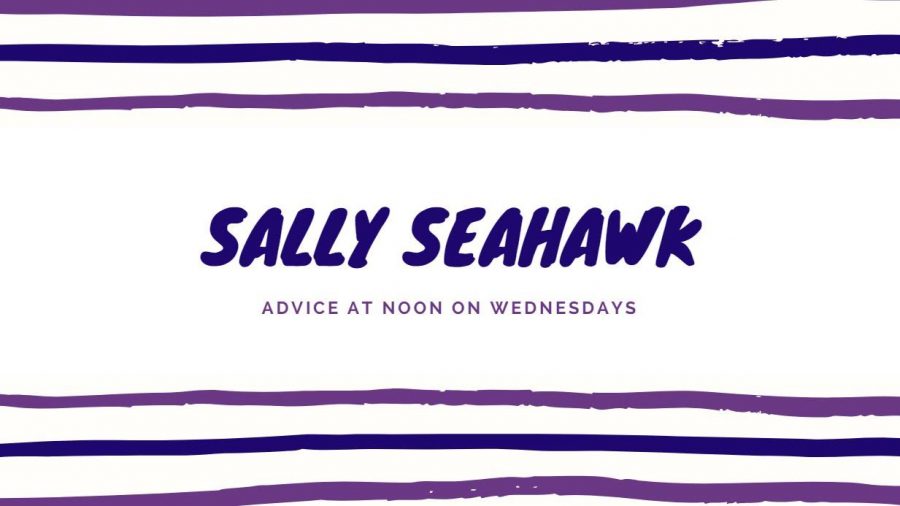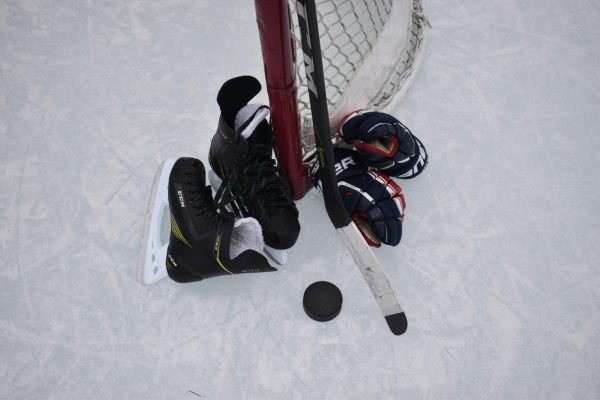Advice from Sally Seahawk 2/5/20 (club officers, lost friends and group counseling)
The other officers in my club aren’t on their game and the duties are really imbalanced, but the person who’s doing all the work isn’t complaining and the others don’t see a problem.
The first question you have to ask yourself is, “Is there really a problem?” If you are seeing something there that others are not, you have to bring it up to them using inarguable facts. Break down exactly what each officer is doing and show the imbalance with stats. It is a method we use all the time here in the opinion section: anybody can just have an opinion, but in order to persuade someone, you need to create a solid argument. Also, figure out if these officers dropping the ball is affecting the rest of the club. Even if they do not care to restructure their duties to make things easy on each other (as you said, the person being affected is not complaining), they might do it if they see that their club is being negatively impacted. No group of officers wants to go down in their club’s history as the one that damaged their legacy.
I lost a friend last semester, but now I see her everywhere—even when it’s not really her. How do I stop letting her throw me off?
This is the same effect as when you get a new car and then suddenly, you see that car everywhere. I am not sure if you can just convince everyone at UNCW to just stop looking like her, but you can work on not psyching yourself out. Whenever I have lost a friend, I always try to tell myself to live like they do not exist anymore. It is important not to forget that they did exist at one point—there are lessons to be learned in a fallen friendship that I do not want to forget—but it is just as important to leave that entire ordeal in the past. Do not talk about them, whether negatively or positively or even just in passing. Do not stare at them as they pass—just keep moving. Whatever you have to do to prevent your old friend’s presence from lingering around you, just do it, and try to get your current and real friends to help you in any way they can.
Should I do group counseling?
I personally vouch for group therapy as it is an environment that I am comfortable opening up in, but it definitely depends on the person attending group counseling. The positive benefits of group counseling are that you will have an emotional support system to talk things through with, you see the same group of people repeatedly and do not have to restart your story often, and you have a set group of people who are there for you to vent to (which I especially enjoy because it gives my friends a break and allows me to just have fun with them). Counseling groups also typically have to sign nondisclosure agreements, so your privacy is safe, especially since you all have “skin in the game” if secrets got spread. That being said, group counseling can be seen more as emotional relief than analytical, as a one-on-one session is a lot more grounded in discussing you alone. And though group counseling can help you become less shy, it is also intimidating if you are incredibly shy, so it could be worth talking to an individual counselor before signing up for group counseling.
That is all I have for you this week, Seahawks! Send me your questions on Instagram @theseahawknews, and I just might answer them next Wednesday!
xx Sally Seahawk












